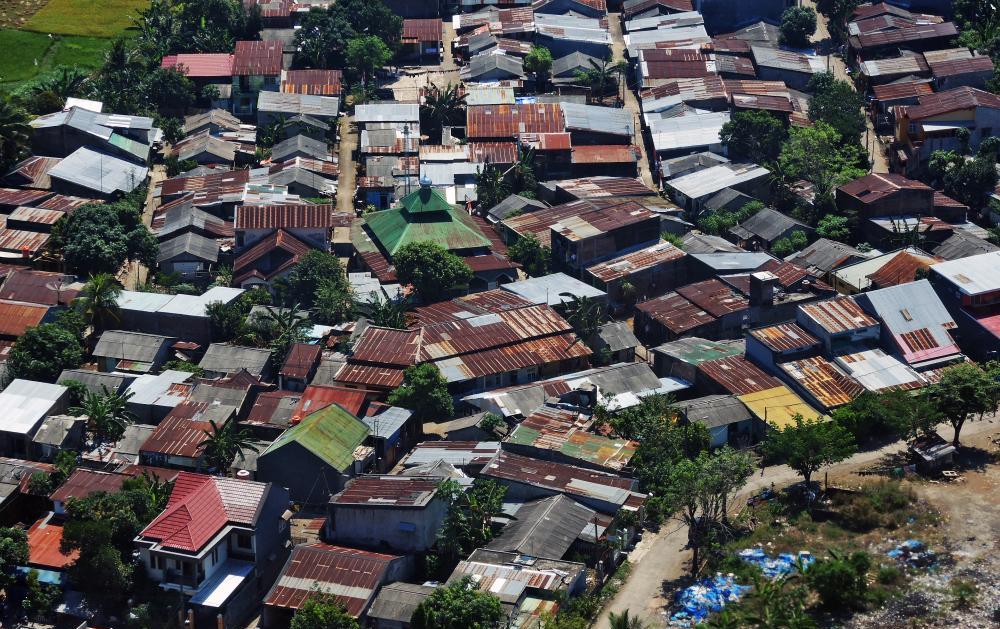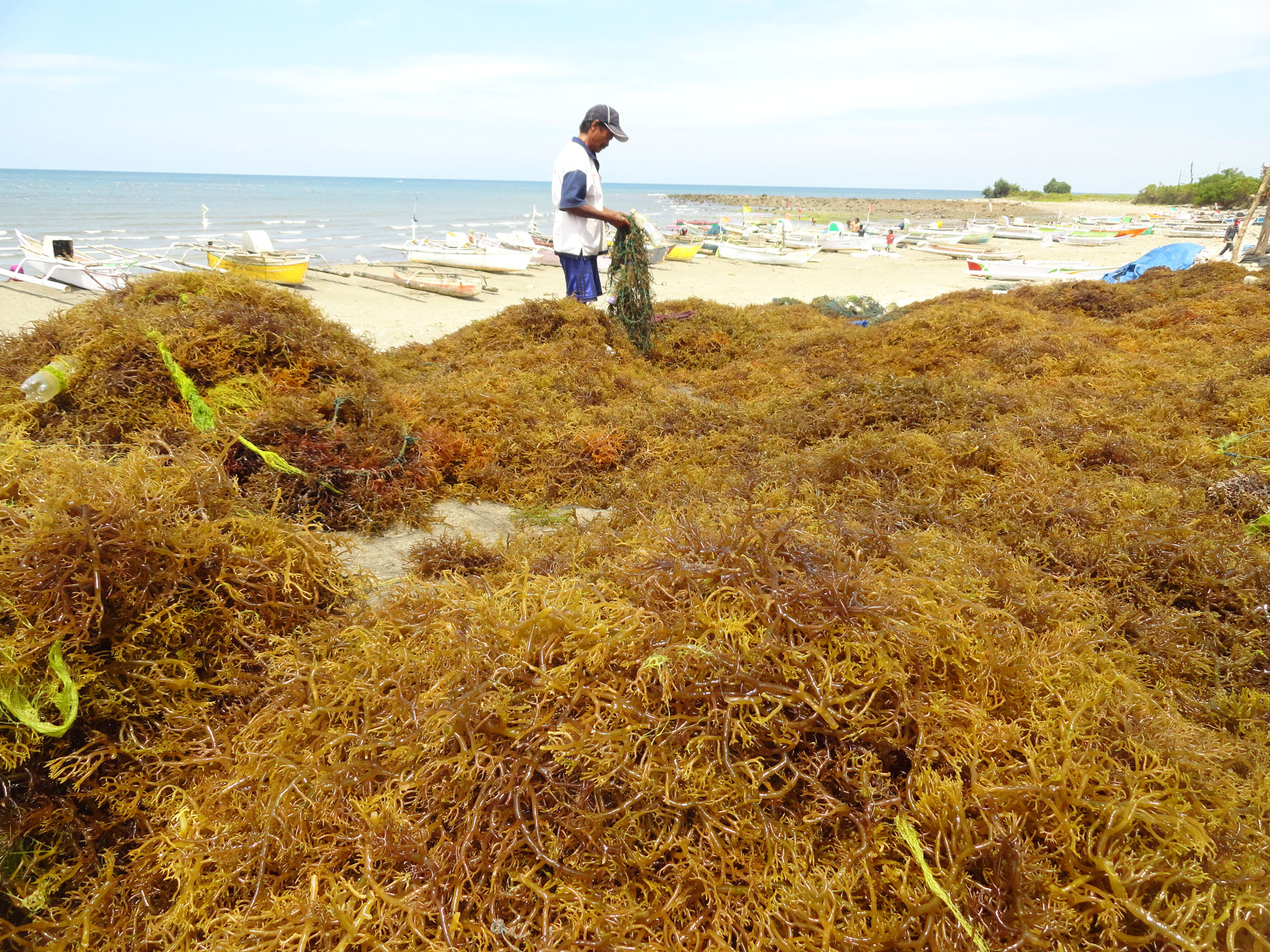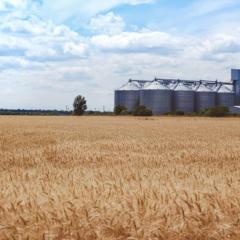The Partnership for Australia–Indonesia Research is an innovative approach to complex development problems.
The world faces deep-seated and complex development problems that require a range of approaches, including non-traditional ones. Aid programs have traditionally been funded by government and implemented by consulting companies and consultants. Large bilateral or multilateral programs invest in infrastructure (most famously now in China’s One Belt One Road program). Research agencies (e.g. ARC, ACIAR, Gates, Ford Foundation) fund a portfolio of “research for development” projects.
A different and innovative model for development is being trialled and undertaken in the Partnership for Australia–Indonesia Research. PAIR is an initiative of the Australia–Indonesia Centre (AIC) which was established by both governments in 2014 with a mission to advance people-to-people links in science, technology, education and innovation. In its first four years the AIC developed a diverse portfolio of projects throughout Indonesia and Australia, which led to many excellent studies. During that time, consultations for PAIR, from bilateral to central government to local levels, revealed demand for (more) focused, demand-driven, place-based and interdisciplinary research.
Addressing development challenges in SulSel
PAIR will focus research on South Sulawesi from 2019 to 2022. SulSel has a population of 8.5 million, an economy based on agriculture and resources and lies on an international sea lane with the biggest ports in eastern Indonesia. Among the development challenges in SulSel are employment (especially formal employment and especially for young people), poverty (13 per cent), malnutrition (up to 50 per cent stunting in some areas), crime and environmental degradation (including biodiversity and plastics). Policymakers have developed programs to address these problems and invested heavily in transport infrastructure (including new ports, a new rail line and roads). This is expected to accelerate agricultural, rural and social transformation and economic, urban and population growth. While there are many sources of optimism, the development process is unlikely to be linear or smooth.

Indonesian policymakers at multiple vertical and horizontal levels have requested collaborations with PAIR to deliver research that can assist in the SulSel development process and provide evidence from which to base policies and investment. The program is designed to fully integrate with other stakeholders including companies, industry groups, community groups and households. The major identified research domains are agricultural commodities, transport, young people and health. Highly interdisciplinary research will be conducted by a total of 51 researchers in a consortium of 11 leading universities – seven in Indonesia and four in Australia.
Partnership with UQ

The University of Queensland (UQ) joined the AIC in 2019 to build on long-standing research links in Indonesia, with particular experience in development in remote locations. UQ and IPB University (Bogor Agricultural University) will lead PAIR research on agricultural commodities but will also collaborate with researchers in other universities and domains. Stakeholders have identified seaweed as a commodity of focus. Indonesia is the world’s largest seaweed producer, farmed by 40,000 households, with an enormous number of uses in the food industry, medicine, cosmetics, and pharmaceuticals. SulSel is the largest seaweed producer in Indonesia, making the crop a rare source of competitive advantage for the province. Value chain and livelihood analysis will identify and evaluate ways to sustainably lift seaweed productivity and value-adding opportunities within SulSel – especially to generate employment.
PAIR research will begin in 2020 and is designed to generate highly applied research, forums and recommendations in 2021/22. In additional to these outputs, the partnership is also designed to embed long-term person-to-person and institutional linkages between the full range of stakeholders. The PAIR model will be assessed as a means of addressing development issues not only in South Sulawesi but in a range of other areas and contexts in the future.
For more information see the Australia–Indonesia Centre and the Partnership for Australia–Indonesia Research.
Partnerships
PAIR involves partnerships with the Australia–Indonesia Centre (AIC), the Indonesian Government, the Australian Government, and 11 leading universities in Indonesia and Australia:
- Universitas Airlangga
- Universitas Gadjah Mada
- Universitas Hasanuddin
- Universitas Indonesia
- The University of Melbourne
- Monash University
- Institut Pertanian Bogor
- The University of Queensland
- Institut Teknologi Bandung
- Institut Teknologi Sepuluh Nopember
- The University of Western Australia
Read more about Dr Scott Waldron's research
View Dr Scott Waldron's UQ Researcher profile.



